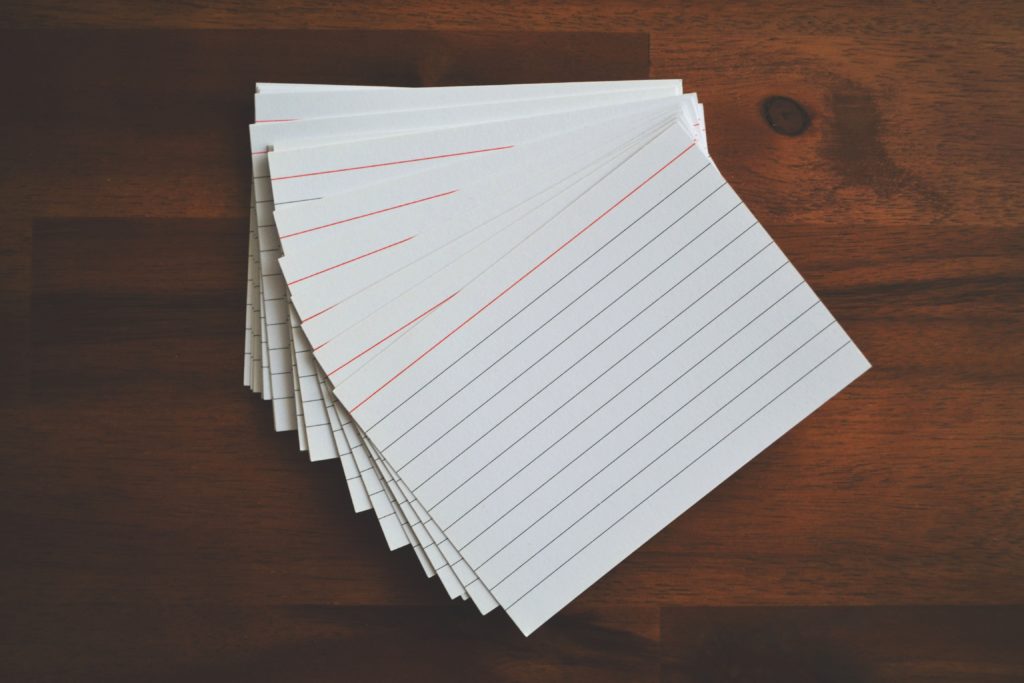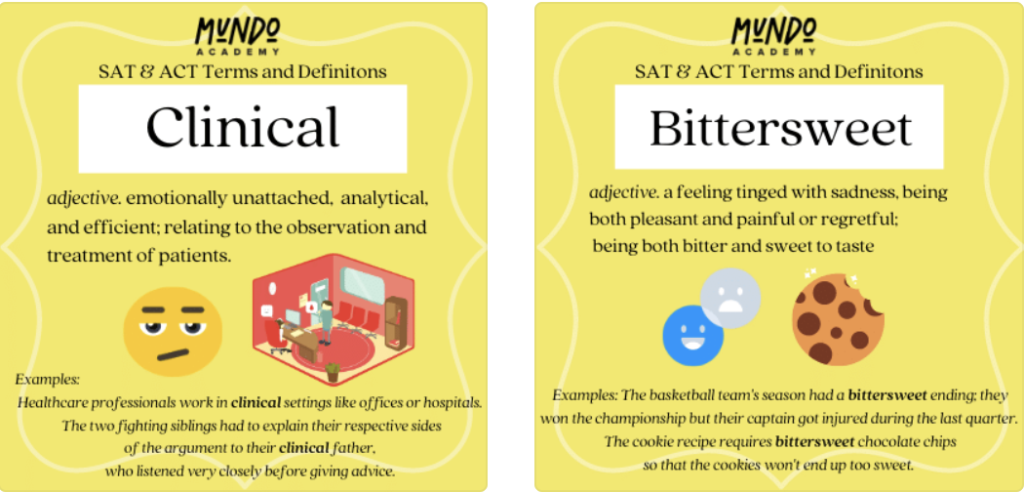READ ON TO DISCOVER HOW TO STUDY SMARTER.
YOU MAY NOT HAVE TO SPEND ALL YOUR TIME STUDYING TO GET INTO YOUR DREAM SCHOOL.
WHY DO STUDENTS NEED TO LEARN STUDY SKILLS?

Capable students may experience difficulty in school, not because they lack ability, but because they lack good study skills. Teachers have limited time to get through course content and consequently do not have the time to teach students how to study effectively. Some students amazingly develop study skills independently. However, many students go through school without receiving proper instruction on how to most effectively maximize their time and energy.
Consequently, school work becomes overwhelming for many parents and students. The absence of strategic study skills often leaves students feeling stressed out, with very little time for relaxation and socialization. With teenage depression and anxiety rates at an all time high, youth would benefit immensely from acquiring these much needed skills. Students need time for self-care and help with time-management.
These skills will help you become more effective with their time. Consequently, you will have more opportunities to focus on other activities. In order to help as many students and parents as possible, we decided to share some valuable information with you today. We will discuss the difference between studying for short term and long term learning. Knowing the difference will help you study smarter not harder.
STUDY SMARTER FOR SHORT-TERM PURPOSES

Use Note Cards to Study Smarter Not Harder
All students can relate to sitting and reviewing study content over and over until it seeps into the brain. Students often spend endless hours repeating and rehearsing things like dates, words, names, etc. These Rehearsal or Repeating Study Strategies, often called “Drill and Kill” strategies, were more popularly used in school in the past. But modern educational practices have made this practice less common in the classroom. At home however, it is important to know that Rehearsal Strategies are still appropriate to use sometimes. You should use them during study time at home for specific situations.
WHEN AND HOW TO USE REHEARSAL-BASED STRATEGIES
When learning a list of items for the short term, you can definitely use Repeating Strategies. Repeating strategies are appropriate if students need to memorize a list of dates, spelling words, number sequences, foreign language vocabulary, etc. Students often have tests or quizzes where they must memorize items. For these times, it would be appropriate to use notecards for studying
We recommend incorporating the use of mnemonic devices when using these strategies. We recommend incorporating mnemonic devices to ensure deeper processing and better retention. Some of these include songs, acrostic poems, chants, and rhymes. Here is a common example of an acrostic to remember the names of the planets. The mnemonic is “My Very Excited Mother Just Served Us Nachos.”
Another way to promote deeper processing is the use of mental imagery with this strategy. For example, when learning a list of vocabulary words, you may attach a visual to help you remember the word and meaning. Here’s an example of using visuals to help you remember vocabulary words taken from some of our Instagram posts.

Use Vocabulary Pictures to Study Smarter Not Harder
WORKING MEMORY PRACTICE
Another thing you should do to help you retain information for tests is improve your working memory. Working memory is the small amount of information that can be held in mind and used in the execution of cognitive tasks. In order to improve your working memory you can create small memory games for yourself. For example, try to memorize a short list of words or someone’s phone number. Try to remember driving directions to a friend’s house. Try listening to a short story and retelling the story with details. Engaging your brain with these small memory games will actually improve your ability to retain short-term information.
STUDY SMARTER FOR LONG-TERM LEARNING
If you need to learn something for the long-term, then you’ll need to use different study strategies. Long-term learning strategies are more appropriate for information you need to remember for the entire semester and beyond. They are better used for inferencing and applying the content. Skills that you will need to apply must be learned beyond the surface level. In order to truly learn something, a learner needs to be able to learn a concept from different perspectives and as applied to various situations. When you really learn something, you become able to adapt and apply your learning to various situations.
THINKING MAPS & GRAPHIC ORGANIZERS FOR LONG-TERM LEARNING
We highly recommend the use of mapping and graphic organizers for long-term learning. Graphic organizers can connect prior concepts and knowledge to new knowledge. They can also help to develop new concepts to integrate the content you need to learn. Students are often exposed to the use of semantic mapping in the classroom. However, most students do not incorporate the use of them during their own study time. Throughout your academic career, your teachers constantly used maps to organize what they were teaching you and often asked you to use them for writing activities, but have you used them on your own? You should use those same thinking maps you saw in your classrooms to organize your thoughts and ideas when you are studying. You’ll be able to see how things connect to each other, making your understanding of the subject matter deeper and more complex.
WHAT ELSE YOU CAN DO TO STUDY SMARTER NOT HARDER
We have so much more to share with you when it comes to Study Skills. Check out the rest of our Study Skills Blogs and our Study Skills Tips on our social media. Our wonderful tutors also incorporate these while working with you. Contact us today to get started!


